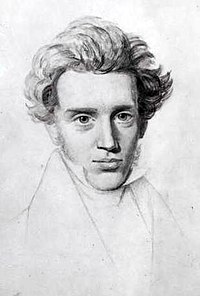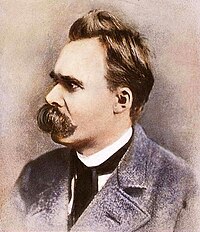guruvayurappan
Active member
dear VJ!Dear Mrs. Visalakshi Ramani,
On this occasion of the anniversary of Tamil Brahmins Forum, I wish to acknowledge your achievements in the Forum as " stupendous". Look at your statistics as on today 7,747 posts
and 5,371 Blog entries. All this within 16 months of membership ! Some thing that any one will
be proud of. Your posts are highly informative covering wide range of subjects. You have always been shrewd enough not to engage yourself in controversial subjects.
Please continue your writings. I will certainly wait for your posts.
Wishing you all the best,
Warm regards,
Brahmanyan,
Bangalore.
let me also join with other members of this forum.to acknowledge your contributionand to appreciate your effort in posting many interesting topics without any controversy as said by Sri. Brahmanyan.let GOD give you a long healthy life.the statics given is really amazing.
guruvayurappan



